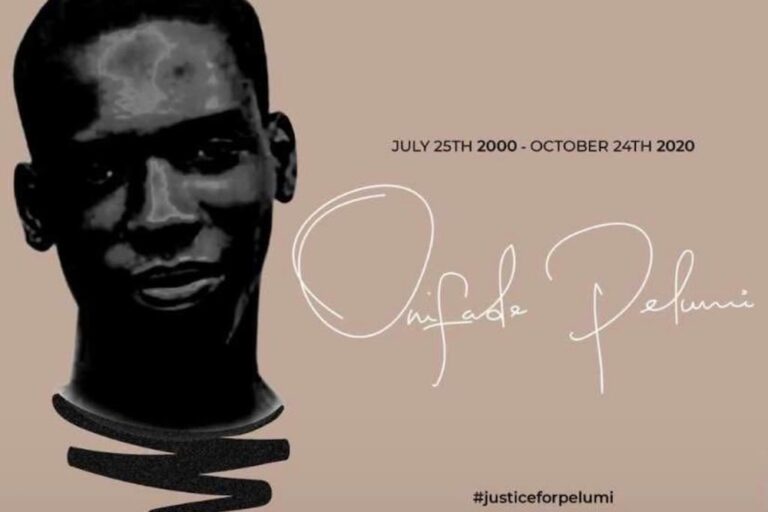(ARTICLE 19/IFEX) – As world leaders focus on the possible release of Moshood Abiola as a way for the new Nigerian regime to achieve credibility, on 2 July 1998, ARTICLE 19 urged them to accept nothing less than major structural change in Nigeria as a basis for rapprochement. ARTICLE 19 considers all those held without […]
(ARTICLE 19/IFEX) – As world leaders focus on the possible release of
Moshood Abiola as a way for the new Nigerian regime to achieve credibility,
on 2 July 1998, ARTICLE 19 urged them to accept nothing less than major
structural change in Nigeria as a basis for rapprochement. ARTICLE 19
considers all those held without charge or trial, as well as
those convicted by secret military tribunals, to be unjustly imprisoned, and
urged Kofi Annan and others engaging the Nigerian regime in dialogue not to
forget them.
Frances D’Souza, Executive Director of ARTICLE 19, said on 2 July 1998: “We
cannot begin to take seriously Abubukar’s attempt to give a friendly face to
the Nigerian regime until he begins to make real structural changes – it
must not be forgotten that General Abacha also started his tenure by
releasing political prisoners.
“A major step forward would be the abolition of the obnoxious decrees and
regulations under which any Nigerian citizen can be held without charge or
trial in defiance of both national and international law.”
So far, the releases have not shown any consistency. For example, Christine
Anyanwu, one of the journalists imprisoned in secret treason trials four
years ago, is now free, but three others are still in jail (George Mbah, Ben
Charles Obi and Kunle Ajibade have been in prison since 1995.)
There is still no rule of law in Nigeria – 15 of the Ogoni 20 were granted
bail in May but are still in prison (many of the Ogoni 20 were imprisoned at
the same time as Ken Saro-Wiwa in 1995. They are all still in prison
awaiting trial.)


